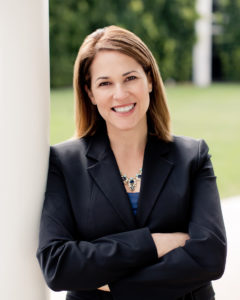Law Firm’s Panic Caused by Salacious Headline
Got your attention? As journalism evolves from print to the online age, one thing hasn’t changed very much: Headlines.
Headlines have always been designed to grab the reader’s attention. Critics say Internet “journalism” has made headlines more sensational than ever because of the need to capture eyeballs and draw viewers as click bait to a site.
But headlines have always been provocative. Over the summer a New York City journalist died and his obituary noted he had written the most famous headline in that city’s storied newspaper history: “Headless Body in Topless Bar.” But Vincent A. Musetto wasn’t a reporte, he was a managing editor of the New York Post and as such, a professional headline writer. He didn’t write that crime story, just the unforgettable headline.
In the legal news business, we rarely deal with topless bars, but we do have to deal with headlines that some lawyers might view as sensational.
For example, when one law firm closed an office (a non-scandalous story) the AmLaw news headline read: “Brownstein Hyatt Bags Phoenix Office.” Not very flattering and easy to see why a lawyer in that firm would complain the headline is sensational, unfair, inaccurate, unprofessional, or all of the above.
But lawyers, like everyone in the news, should realize that headlines are almost never written by the reporter who wrote the article. They are written by editors or copy editors who are essentially headline professionals pros whose success is based on getting the audience to read or click through to the article. And they have to be short, which goes back to the print tradition. One way to combat the headline is to be proactive in the outreach to reporters and editors and offer exclusives. But that is no guarantee the media outlet won’t make drama out of nothing.
So unless a headline is truly factually incorrect, there is little or nothing you can do about it. If you don’t like the tone of a headline and you call the reporter to complain, she will say, accurately, that she didn’t write the headline, just the article itself. If you complain to an editor, the editor will tell you that the headline correctly describes what was in the story, so there’s nothing to complain about.
Journalists and editors have jobs to do, just as you have yours. A headline isn’t written out of animosity towards a law firm; it’s written to be accurate and punchy, and yes, to attract attention. That’s how the journalism business works. Sometimes a firm and its lawyers have to just move on and understand that how the media uses a business decision to get readers is simply their business.




